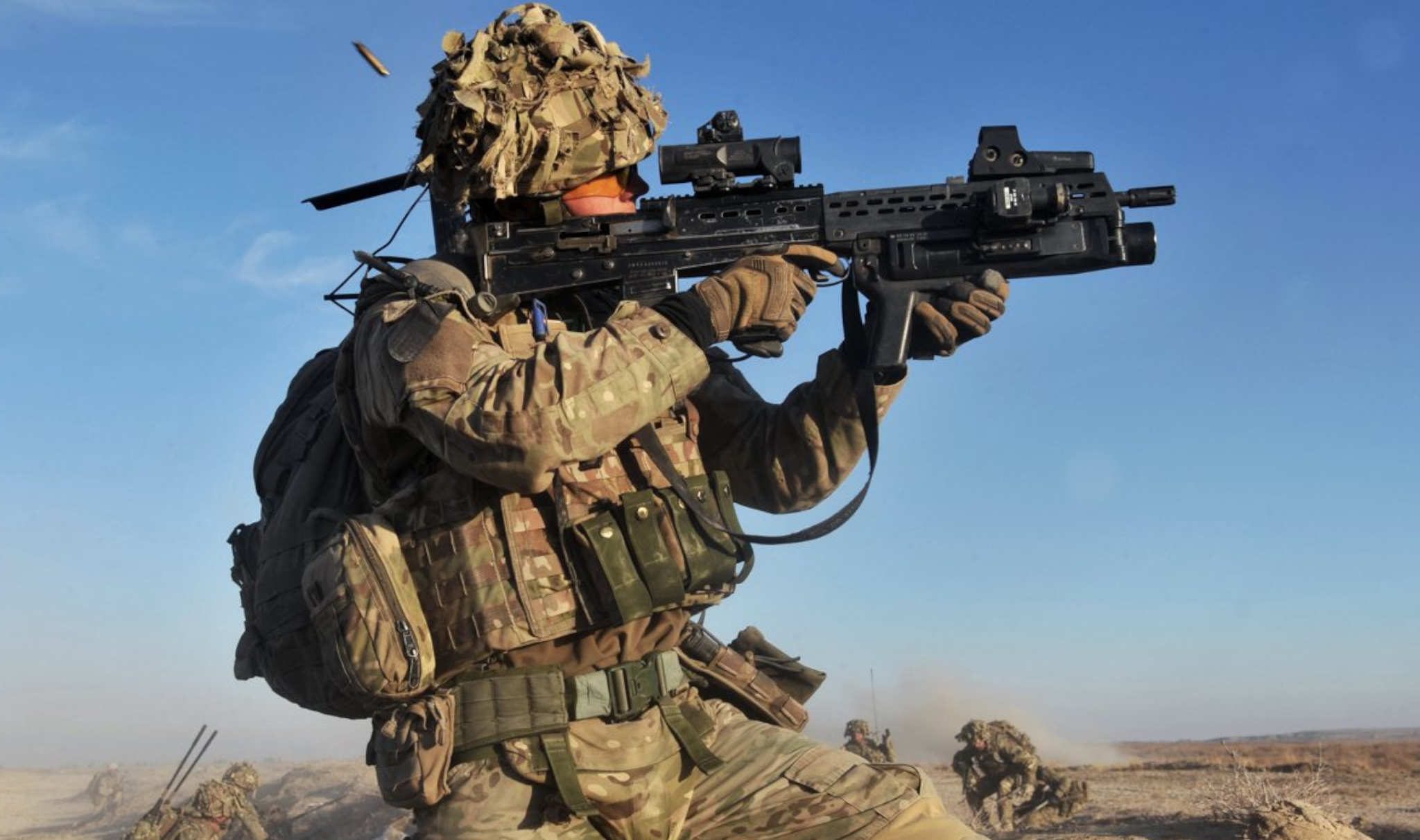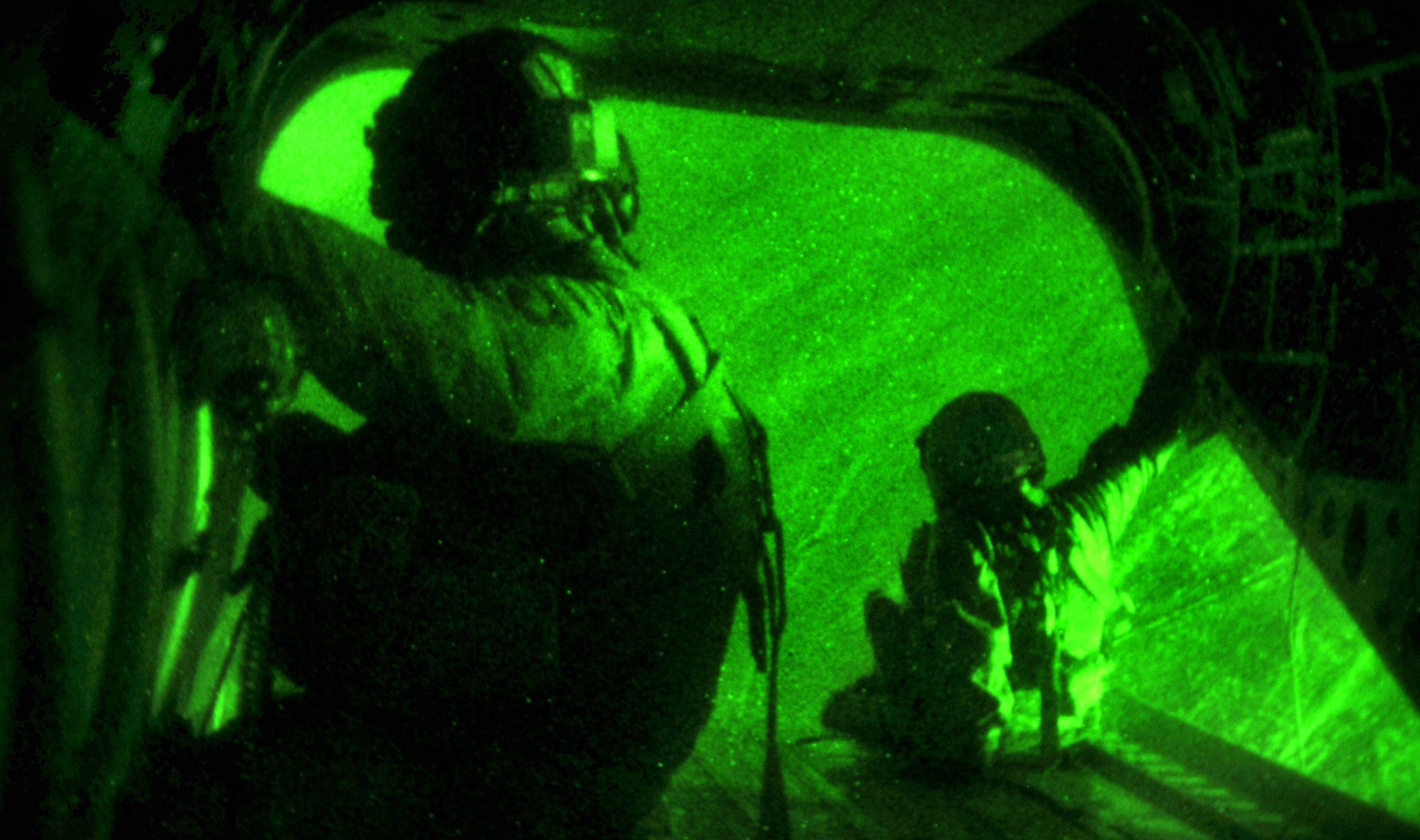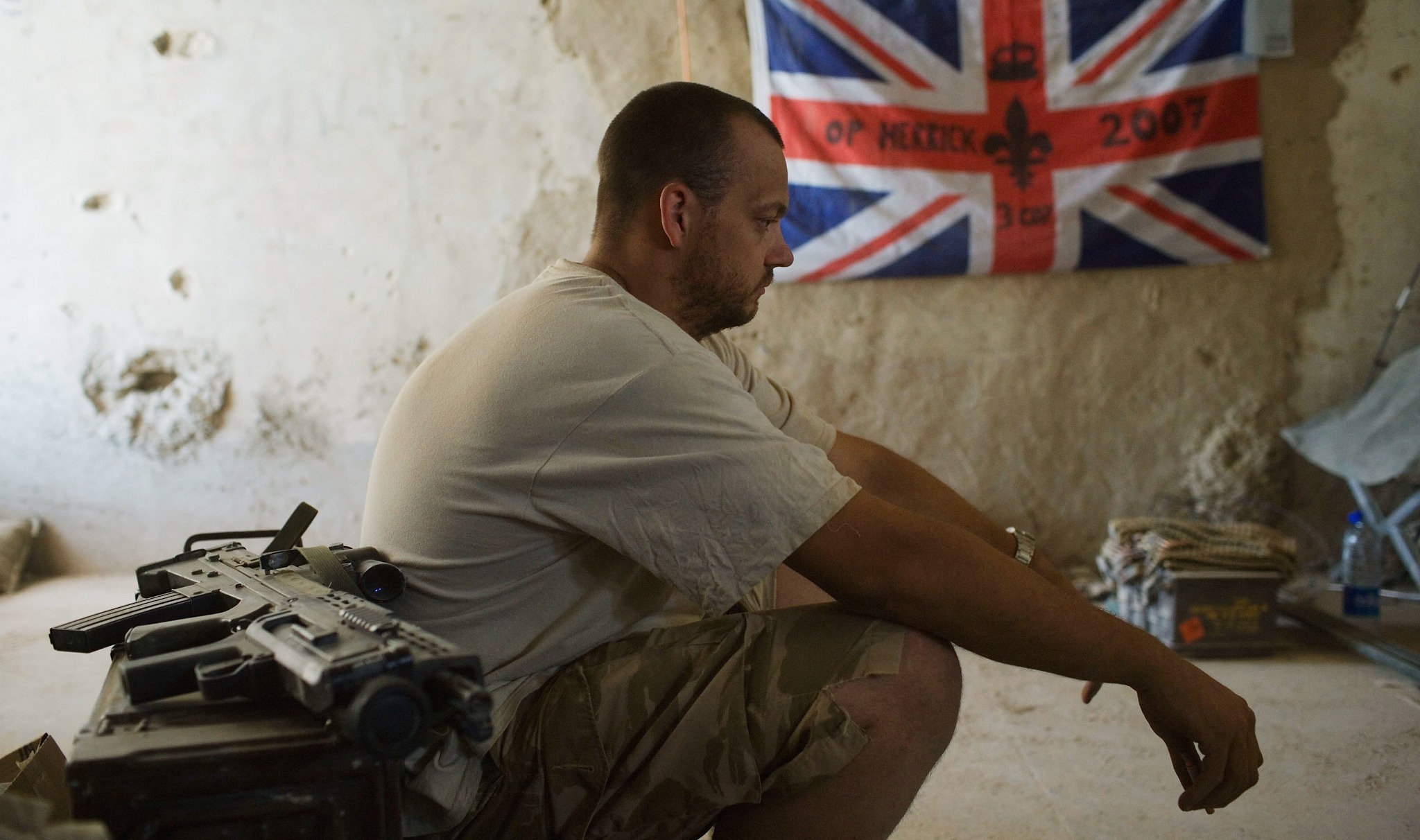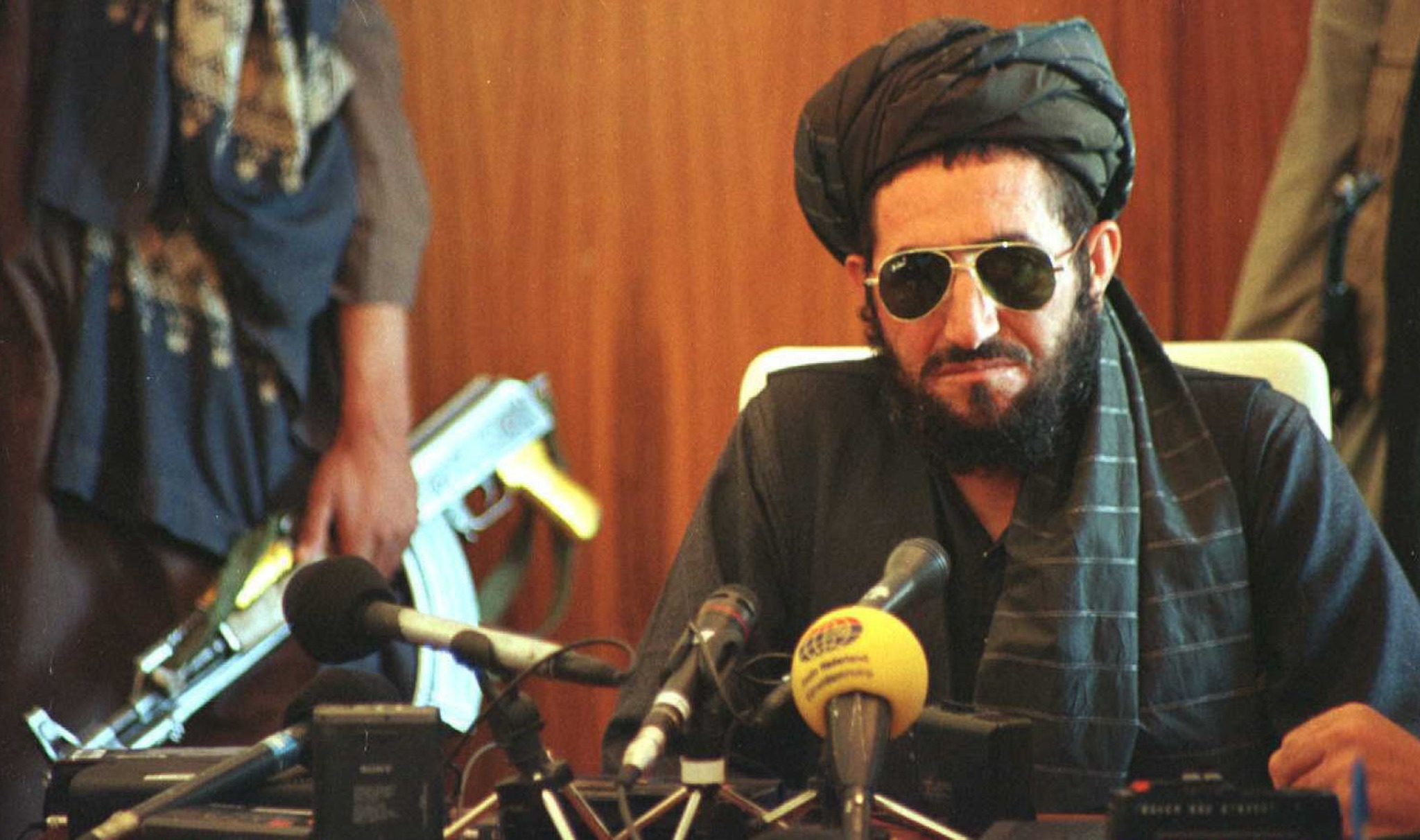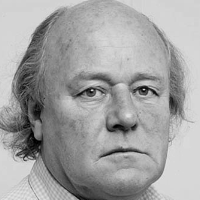The judge-led inquiry was forced on a reluctant Ministry of Defence (MoD) after allegations surfaced repeatedly in the media before families of Afghans killed by SAS troops, including the execution of Afghan males of “fighting age” between 2010 and 2013, took the claims to the high court.
The inquiry has heard devastating allegations, some of them privately backed at the time by serving SAS troops, that were persistently ignored. Commanders attempted to block investigations by the military police, according to detailed claims backed up by witnesses.
Computer records of SAS activities are reported to have been permanently and deliberately wiped before they could be shown to military investigators.
The inquiry is particularly significant with the combination of a catalogue of allegations backed up by detailed evidence shedding unprecedented light on the SAS, the least accountable of organs of the British state.
The SAS – and its naval equivalent, the SBS – are protected by a wall of official secrecy even greater than that protecting the security and intelligence agencies, MI5, MI6, and GCHQ.
The parliamentary Intelligence and Security Committee has been refused the ability to question the SAS even though Britain’s special forces are operating increasingly closely in operations involving the intelligence agencies.
So determined was the government to protect the SAS that it insisted that the regiment should not be mentioned in the inquiry despite it being regularly referred with the unofficial backing of the MoD.
Special forces
An agreement was reached whereby Lord Justice Haddon-Cave, chairman of the inquiry, and government lawyers would refer, in their evidence, only to British “special forces”. However, the media and lawyers for the Afghan families can refer specifically to the “SAS”.
Despite promises from the MoD that it will cooperate fully with the inquiry, evidence will be heard in secret when it is deemed necessary to protect “national security”. The inquiry’s terms of reference do not include the examination of intelligence available to the SAS even though its operations are described as being “intelligence-led”.
The inquiry this week heard accounts of the alleged killing of 80 Afghans in SAS night raids including an operation on 7 February 2011 when SAS troops shot dead nine Afghans, including a 14-year-old boy, while they were sleeping. Only three AK47 assault rifles were recovered after the nine had been killed.
“We anticipate the evidence from the families will be that they were shot in bed, most likely when asleep”
“We anticipate the evidence from the families will be that they were shot in bed, most likely when asleep,” Oliver Glasgow KC, counsel for the inquiry, has said. He added that photographs of the bodies suggested Afghans may have been shot at close range.
An SAS night raid on 16 February 2011 resulted in four members of one family being killed, including a man described by British intelligence as a Taliban military commander. His family says he was “a student in Lashkar Gah and so could not have been an insurgent,” while the other victims were civilians.
An SAS soldier from another unit said the official description of the episodes was not credible, the inquiry heard. “For what must be the 10th time in the last two weeks,” when an Afghan was sent back “to open the curtains (??) he re-appeared with an AK”, other SAS soldiers commented.
“You couldn’t MAKE IT UP,” they added. The day after the family members were killed, an SAS sergeant major described the episode as “the latest massacre!”
‘Unlawful killing’
It was not the only occasion when SAS troops themselves questioned initial explanations of deadly operations. After one complaint was made, a legal officer at SAS headquarters in London is said to have explained that “the aspiration” was “to ‘nip [the allegation] in the bud’ ”.
A common feature of the raids was that a large number of Afghan males were killed but very few weapons were recovered. Richard Hermer KC, counsel for the families on Wednesday, described the allegations as “of the utmost gravity”.
“Evidence that the practice of unlawful killing or at the very least suspicion that this practice was taking place, was known to senior officers and senior personnel at the MOD who not simply did nothing about it (itself unlawful) but in some circumstances actively sought to prevent adequate investigation”, he told the inquiry.
“Evidence that the practice of unlawful killing was taking place was known to senior personnel at the MOD”
He said the documents also show that “the existence of serious suspicions of extra-judicial killings were widely known at the highest levels within Government …even in 10 Downing Street”.
Hermer quoted a letter, dated 19 February 2016, from a top MoD official to the “director general of the prime minister’s office, Simon Case, copying the cabinet secretary and the attorney general explaining that on the basis of ‘information from highly credible Armed Forces sources the RMP [Royal Military Police] are now investigating a number of cases of suspected murder of Afghans by UK special forces’”.
The Afghan families’ “struggle to establish the truth of what happened in the night raids conducted by SAS units in Afghanistan has been hampered over more than a decade by a closing of ranks in the British Army and Ministry of Defence; by a culture of secrecy, self-protection, defensiveness and deference to powerful individuals”, he added.
Hermer said the contents of documents the MoD was obliged to disclose as a result of the inquiry were “both revealing and shocking” with “extensive contemporaneous evidence of suspected extra-judicial killings by the SAS in Afghanistan”.
Hermer continued: “They also contain extensive contemporaneous evidence of apparent attempts to cover up that wrongdoing, ranging from the destruction of evidence and the coaching of witnesses to the turning of blind eyes and the credulous acceptance by those responsible for military discipline of implausible and often wholly incredible accounts of events. The documents are extensive, detailed and extremely disturbing.”
Review of army culture
Hermer said: “The Bereaved Families’ personal experiences are fundamental to this Inquiry, but they form part of a much bigger, institutional question at the core of the Inquiry’s terms of reference – how the British military conducts itself on operations abroad; how and whether it maintains the discipline, order and lawful behaviour of its soldiers; and what that means for the reputation of the United Kingdom in the international sphere.
“Proper accountability must therefore involve not only the soldiers on the ground but also those who were responsible for their management and oversight. It must reach beyond the prosecution of criminal suspects to encompass a root and branch review of the culture, practices and oversight of special forces, to establish how such wrongdoing was allowed to occur and continue unchecked, and what changes are required to ensure it can never happen again.”
“The number of bodies far exceeded the numbers of weapons apparently found”
He described how official reports of one SAS raid allege that shots were fired from within a guesthouse. However, the circumstances were highly suspicious. The bullet holes on the walls of the guesthouse were in clusters close to ground level, supporting the suggestion that the men were in bed when they were shot.
“The positions of some of the weapons in the scene photographs also suggest that this could be an example of ‘dropped weapons’ – the practice of soldiers planting weapons next to bodies to make it appear that unarmed men they had killed had in fact posed a threat to life. Another example of what became an all too familiar story…the number of bodies far exceeded the numbers of weapons apparently found.”
Shot dead
In another raid, on a family’s compound, SAS troops instructed everyone to go outside. Hermer told the inquiry that an Afghan named Saifullah was held with the women and children, where he was searched, blindfolded and handcuffed for 1-1.5 hours. During this time, he heard bursts of shots being fired.
When the SAS unit left, he found his father, Abdul Khaliq, dead in one of the rooms, with gunshot wounds to the head and leg. Mr Saifullah’s cousin, Ahmad Shah, was found dead in a neighbouring family home, with gunshot wounds to the neck.
“They appeared to have been killed while either lying or sitting down”
Several hours later the bodies of Mr Saifullah’s two elder brothers, Saddam and Atta Ullah, were found. They had been shot dead in fields near the Saifullah family home.
“Most of Mr Shafiqullah’s deceased relatives were found in the room where they would have been going to sleep and they appeared to have been killed while either lying or sitting down. Mr Shafiqullah’s uncle Zabiullah was found dead under duvets and bedding.”
Knowledge of wrongdoing
Hermer continued: “Documents disclosed in the judicial review proceedings indicate that successive Directors of Special Forces – whom we know to be Lieutenant General Jonathan David ‘Jacko’ Page and Sir Mark Carleton-Smith – had knowledge of serious suspected wrongdoing by the SAS, but failed to ensure that this was passed to the RMP and failed to take any steps to investigate that wrongdoing and prevent its recurrence.
“Not only that. There is evidence of a concerted attempt amongst senior offices in the UK higher headquarters of Special Forces to deliberately ensure that such information was withheld from the RMP [Royal Military Police].
“When the RMP finally did learn of the suspicious incidents and began an investigation, staff at Special Forces higher headquarters sought to stymie the progress of that investigation by obstructing access to important evidence. Who knew about this obstruction, who sanctioned it, who carried it out and what motivated it, are all critical questions for this Inquiry.”
‘Culture of lawlessness’
The military police received further allegations of extra-judicial killings from current serving British officers including at least one who claims to have been an eyewitness to murders and cover-ups by UK special forces.
Hermer said MoD and army disclosures from the judicial review preceding the inquiry contained “alarming documents which point to a wider culture of lawlessness, operational misconduct, failure of leadership and disrespect for basic human dignity within the SAS unit in question”.
He added: “That evidence includes reports of ‘a policy of ‘blooding in’ new members of Special Forces; inter-sub-unit ‘rivalry’ and competition in relation to the number of ‘kills’ achieved on operations; the collection and retention of ‘trophy weapons’ and the presence of ‘indecent images of children’ on the server of the unit in question which in itself may be thought a revealing insight into the mindset of members of the unit in question who possessed that material and the timidity (at best) of those charged with investigating that undoubted criminality.”
Hermer said the evidence included serious expressions of concern and anxiety by the military police that there was a risk that members of the SAS would subject the family of a whistle-blower to violent reprisals for having divulged the misconduct of a SAS unit involved in the raids misconduct to the RMP.
As one senior special forces officer put it, it was as though “a cancer had infected” the SAS unit.
‘Morally corrupt culture’
Evidence disclosed by the MoD “strongly suggests that a disturbing, lawless and morally corrupt culture pervaded the SAS unit in question”, Hermer also told the inquiry.
He said: “These issues cannot properly be examined without considering the role and impact of the secrecy in which the activities of UK special forces are shrouded. Secrecy about operational tactics and techniques may well be necessary to safeguard national security and preserve operational effectiveness. But the wider secrecy surrounding the activities of UK special forces may also have potent and untoward side-effects.
“Secrecy can operate as a shield to external scrutiny and accountability. And it can imbue those within the veil of secrecy with a sense that they are special; that the ordinary rules of conduct and norms of human behaviour do not apply to them; and that they are unlikely to be held accountable for their conduct. Secrecy can therefore lead to a sense of exceptionality and impunity.”
Hermer warned: “And a sense of impunity can in turn easily enable a culture in which human life and dignity are devalued and in which insidious values and behaviours take root. In short, while secrecy may be necessary in respect of certain aspects of Special Forces operations, it may well also act as a catalyst to the types of toxic culture and behaviour which ought to be anathema to the UK’s armed forces.”
Oliver Glasgow told the inquiry earlier this week: “Let there be no misunderstanding amongst those who have something to hide. This Inquiry will use all the powers at its disposal to get to the truth it will use all its powers to ensure that anyone who seeks to frustrate or impede the progress and conclusion of this Inquiry will be prosecuted.”
Haddon-Cove may publish an interim report next year. The evidence and allegations already heard by the inquiry suggests that the MoD has not learned from previous inquiries about British military operations in Iraq.
The MoD admitted during a public inquiry into the death of Baha Mousa, an Iraqi who died in the custody of British troops, that British soldiers indulged in “prohibited and unlawful” activities. The high court described the refusal of the MoD to conduct its own proper inquiry into what became known as the Battle of Danny Boy in Iraq as “lamentable”.
This inquiry into SAS operations in Afghanistan may just provide the evidence that will lead to root and branch reform of the culture and training of the British army.

